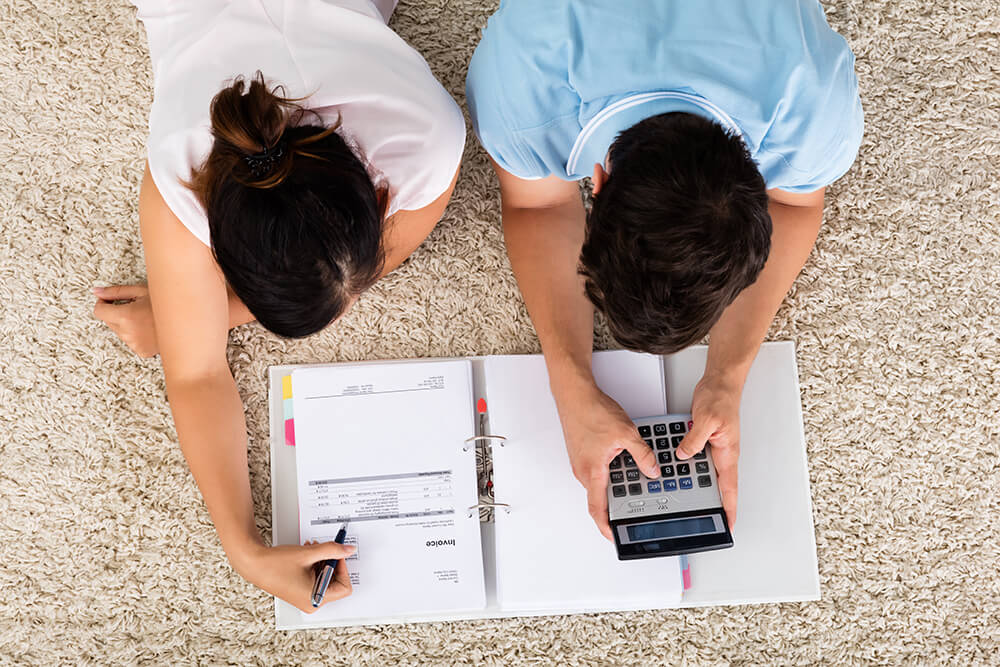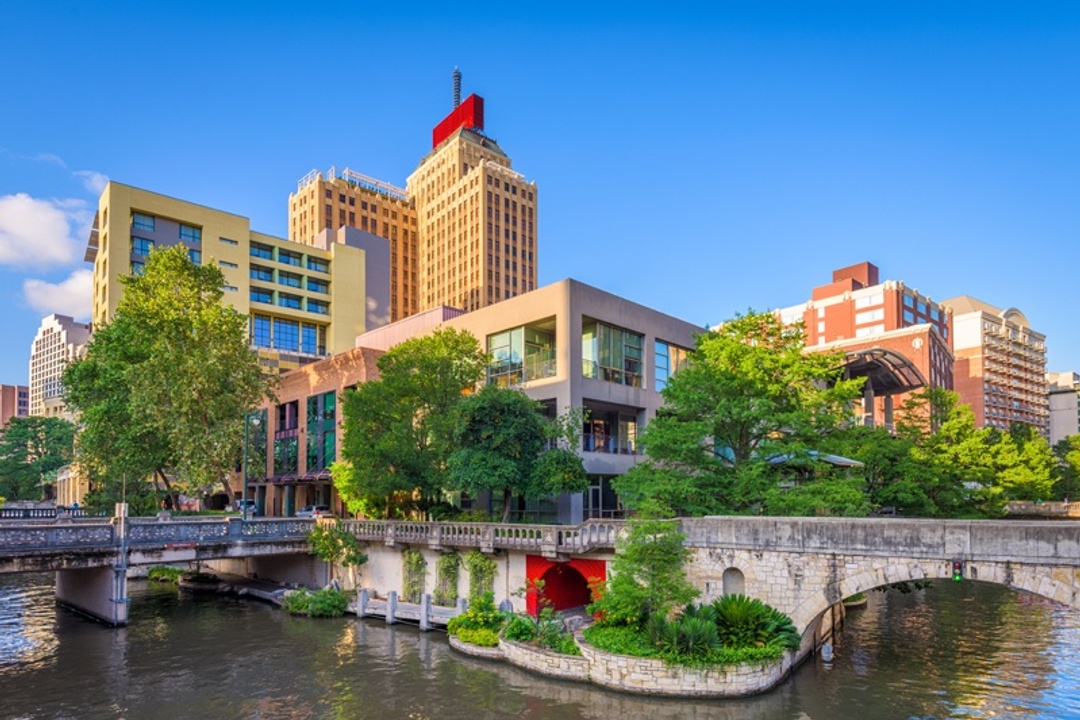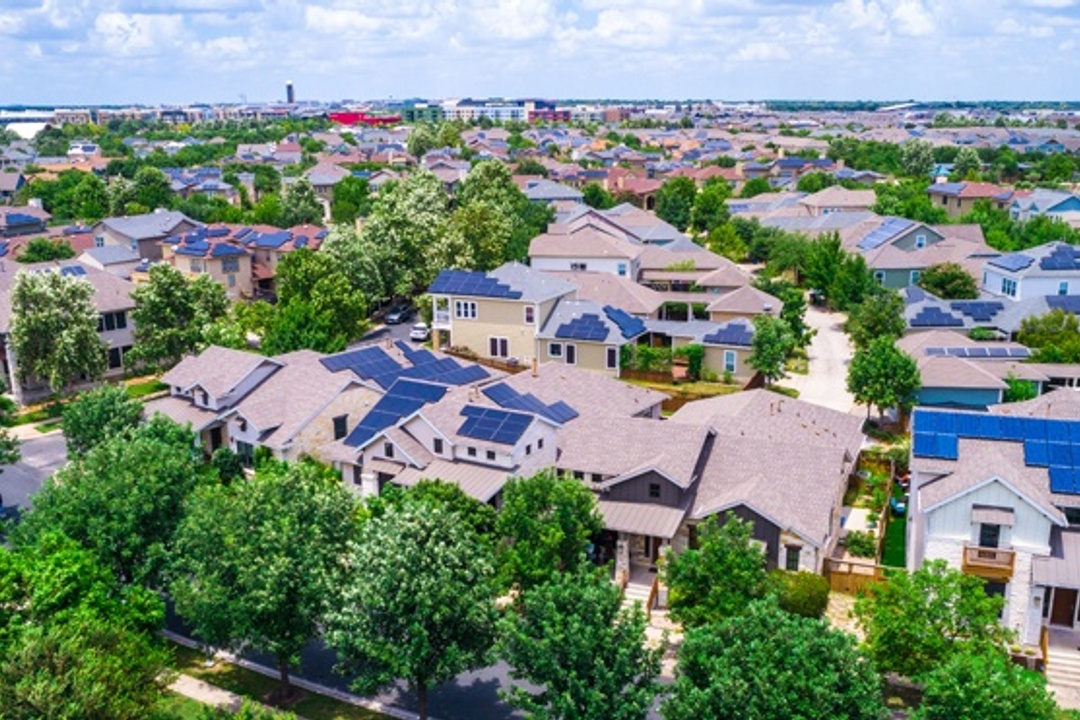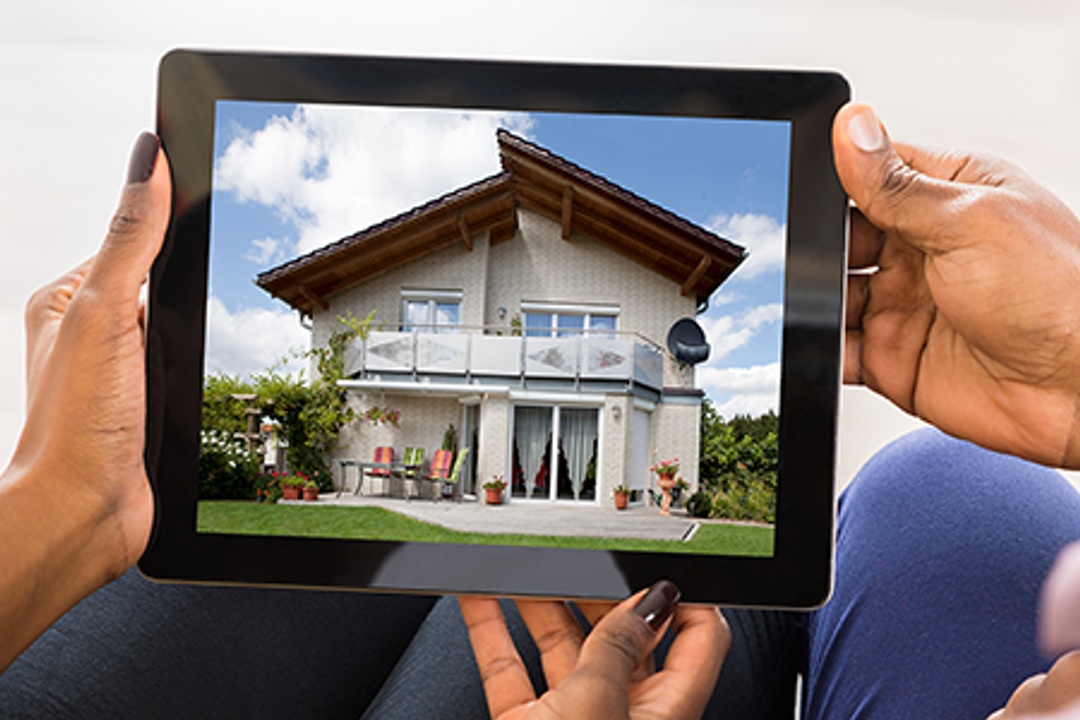
As more millennials graduate college and begin to plan out their lives, buying a house seems like the logical next step to many. However, saving up for a mortgage down payment, as well as planning out future spending habits have left some younger buyers hesitant, and many don’t know where to start when it comes to owning a home. Deciding whether or not to buy, as well as how to save once you do decide to buy can be frustrating and scary.
Planning out your financial situation and saving up for a down payment are key. While there are some ways to put in less than the recommended 20 percent for a down payment, such as an FHA loan, investing that full 20 percent or more can have a significant impact on your monthly payments, as well as take some of the stress and cost of home ownership. Not sure how to go about doing that? We caught up with Sophia Bera, financial planning expert and owner of Gen Y Planning, to learn some great ways to start saving up for a mortgage and planning a home purchase into your financial future.
When chatting with Sophia, one of the first things she warned about was jumping into home ownership before you’re financially ready. “One thing to do first is just get rid of any high-interest rate debts that you have. So any credit card debt, make sure you pay that off first because if you haven't owning a home is going to feel pretty exhausting while trying to pay down credit card debt and keep up with mortgage payments.” She also recommends making sure you have a solid savings built up (about three to six months worth) in the case of an emergency.
“In addition, as you prepare to buy a home and are paying down debt and building up savings, checking your credit score is really important,” continues Sophia. “If there's anything negatively impacting your credit score, getting that stuff cleaned up before you start shopping for mortgages is crucial because the interest rate that you get on your mortgage could impact you tens of thousands of dollars over the length of your life.” She advises that once your credit score hits about 730 that you should be getting the best rates.
Once you’re financially stable and ready to take the leap, there are several things you can do to save up for and plan for a mortgage.
Set up a separate savings account for your emergency and mortgage down payment. “I think setting up a separate savings account earmarked for that goal is a great idea,” says Sophia. “I’ll have [clients] set up an emergency savings and a down-payment savings. Too often what I see is people get really excited and they save up, you know, $50,000, and then they take that entire chunk, and they use that as a down-payment. I would almost rather have them make a smaller down payment and have more emergency savings in case they move into the house, and something goes wrong.”
Set up an auto-draft into said accounts. “Part two is setting up an automatic payment or an automatic contribution every month to that new savings account,” continues Sophia. “So, it just becomes part of your monthly budget. They can be really helpful as well if you're spending $1,000 a month for renting and you think that your mortgage is going to be around $1,500. If you start saving $500 every month you're getting in the habit of having that higher payment.”
Budget macro. “I would say to look at budgeting from a macro level rather than a micro level, so first determine if you are spending less than you earn,” says Sophia. “It doesn't matter if you know where every dollar is going if you're overspending every month, right? Figure out what those fixed monthly costs are - how much does it cost to run your household? This includes your rent, your car payment, your payment on your student loan, your utilities - those things that aren't really changing, so what's that number?”
Then you factor in your savings. “Let’s say you're saving $500 a month for a down payment, $500 a month towards emergencies and $200 for a Roth IRA. After that, figure out how much you have for everything else.” That will be your spending money. For example, “OK, let's say you are left with $1,000 monthly for everything else, divide that by four and look at that as a weekly spending amount. So, you have $250 a week to spend on all those discretionary things - eating out, gas, groceries, all the things that are variable throughout the month, but when it's gone, it's gone. So really concentrate on not beating yourself up for the small things or the mistakes you made in the past, but really budgeting forward. This is so important.”
Know the true cost of home ownership. Sophia warned against those who may jump into home ownership without understanding all the costs involved first. “I think there's a lot of things that I see happen when people buy a home. For example, they didn't have any idea what their utility costs were going to be or how much time they were going to spend on home maintenance or how much money they need to spend on yard work or those types of things.” It’s always important to factor in those extra costs into your overall monthly budget. A good way to find out is to ask a friend or family member who own a house what costs are involved. Plan out who you will use for utilities, yard work, and home maintenance and look at their pricing.
Once you understand all of the costs involved, have a nice emergency fund and have saved up a bit of a down payment, there is no reason why purchasing a home should be intimidating. Provided you have planned ahead and know what you’re getting into; home ownership is a fun, rewarding experience and a smart decision. Just be sure you have a trained, knowledgeable, and well-connected real estate professional on your side and you will be golden.










